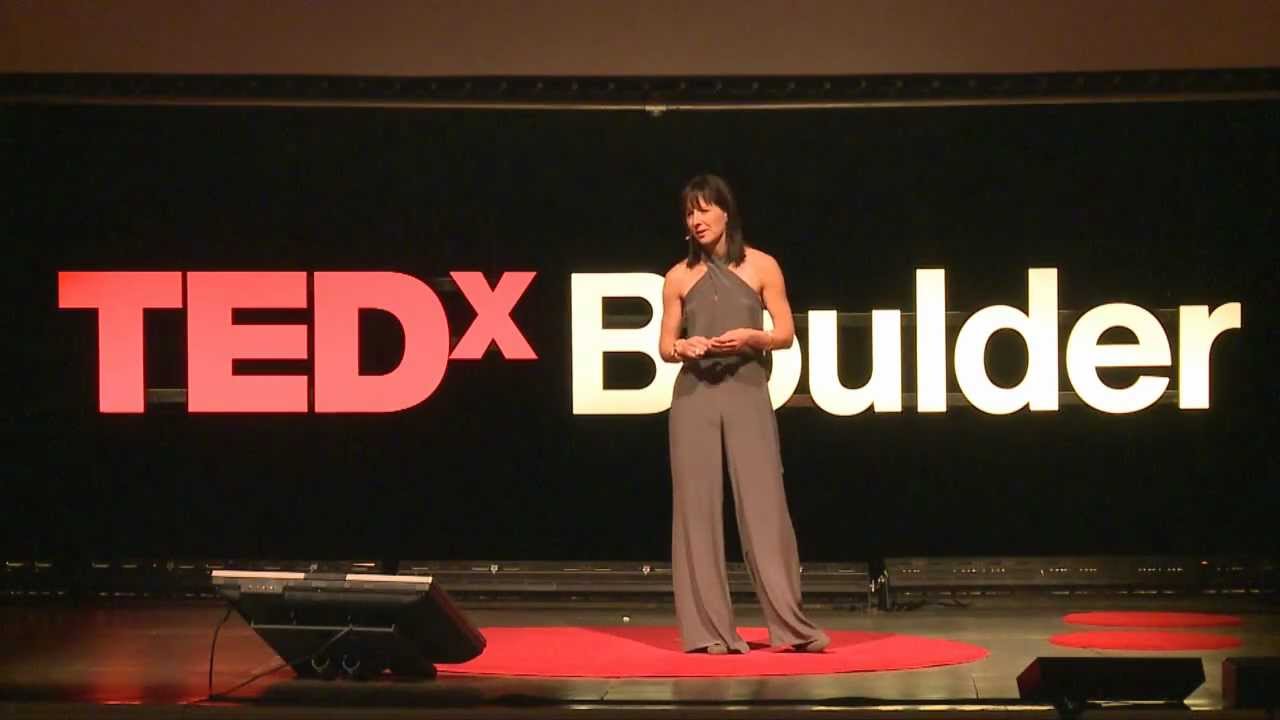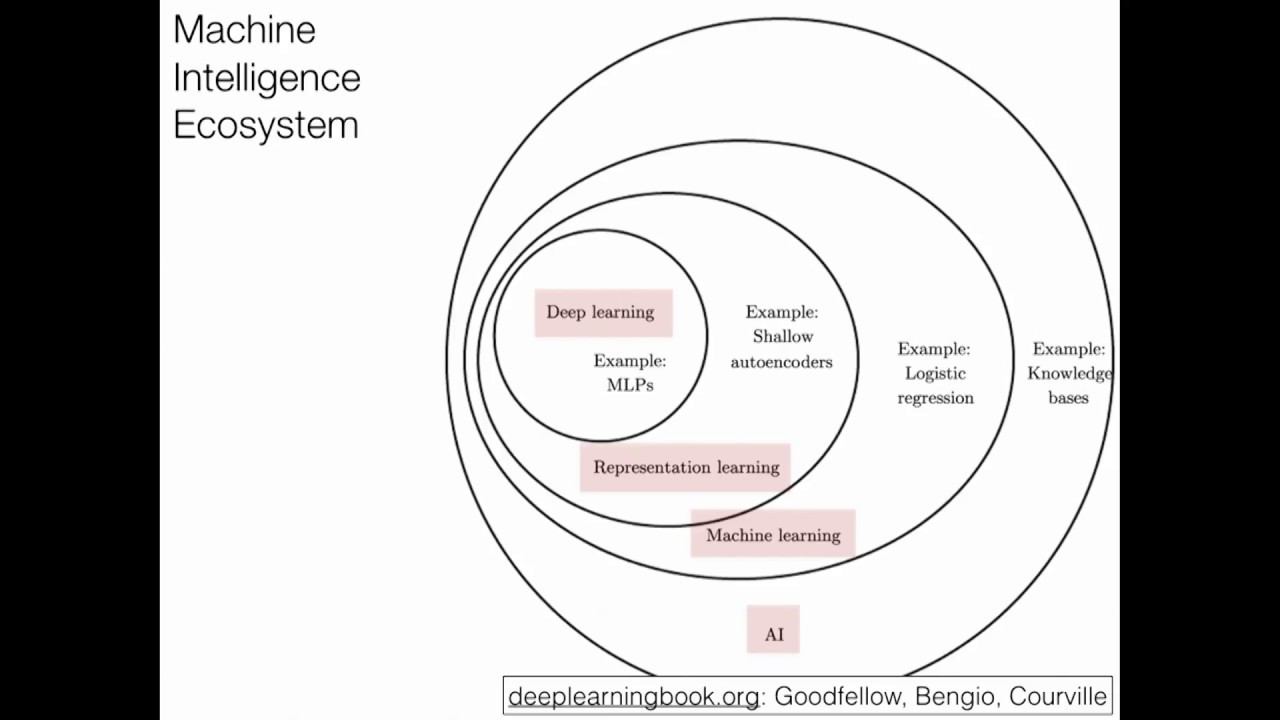TEDx Talks
Shannon Paige is a writer, sacred activist, dedicated Yoga teacher. She is also the founder of Om Time Yoga Center and the styles of Bhava Vinyasa for Depression and Anxiety and Anjali Restorative Yoga.
Shannon battled with cervical cancer ferociously….and won. Although she had survived, the battle with depression, especially the pressure and anxiety of how she should feel “lucky” for having survived, nearly crippled her. She narrates how many people, after surviving life threatening circumstances, are also robbed of the ability to smile for real, the ability to connect, and the ability to hope. “Depression is hard. Depression is gross. And Depression is Mean.” A doctor stepped in and told her to get back into her body, volunteer, and do yoga. For Shannon, the battle with depression was actually as hard as battling cancer. Through this, Shannon discovers that while, yoga can’t heal depression, getting into your body can change the mind and create a state of empowerment, stability, and release.
Source




Also, search youtube for Wim Hof breathing method. 🙂
Great explanation of disease and healing.
powerful.
9:52 John Hopkins Study, High Oxygen Environment
Thank you
Mindfulness is one of the greatest gifts you can give to someone! This women is a living proof of that!
Wow that was incredible, I'd love a conversation with this fabulous woman 😊❤
Wow! You are such an inspiration.
Most of these stubs people talking about on Tedx are old stubs taking from eastern traditions. Nothing new. Most of these speakers I noticed are here to advertised themselves and it’s their career. I don’t know what they went through or experiences are real. It’s hard to verify what they said. But I don’t doubt that the mind can cure the body of diseases. I would preferred those people that actually cured themselves giving testimony. Like I said most these speakers are on Tedx to enhance their career.
wow! That was beautiful <3
Bravo
Is it just me who thinks her first husband was trying to help her by trying to get her to not focus on the illness?
Shannon Paige is Terrific . Look at all she has gone through and come out even stronger
1991, Stage 4 Hodgkins Lymphoma and my story of healing, given a sentence of a 40% chance of living 10 years, is remarkably similar. Horses, working with children, being the change I want to see in the world, and yoga…. 26 years later, 16 years past my highest expiration date and healthier than ever. There is something to this and it needs to be shared.
Before buying on gearbest, know that it's thieves.
They do not repay,
on google search for "Thieves Gearbest".
WOW a FAB clip 🙂
Thanks you for posting / hosting 🙂
When she started with "It's 1994..", had I been in the audience, I would have been very tempted to shout out, "My time machine!…IT WORKS!".
She's a yoga teacher but has somehow forgotten that what she is speaking of is just Hatha yoga, which is only one aspect of an entire system that is yoga. From the most basic needs like food to more complicated things like what is our purpose. Yoga isn't just a class you take and practice on a mat. It is literally a lifestyle. In my world, Yoga can cure depression. It has most definitely helped me with mine and then some. Yoga saved my life.
What Mindfulness Research Neglects
Mindfulness is defined as non-judgmental or choice-less awareness. Choices in turn may be divided into non-perseverative choices (what to have for breakfast, what route to take to go home, or choices with no dilemmas) and perseverative choices (worries, distractions, and rumination, or mental dilemmas wherein every alternative is bad). All meditative procedures, including mindfulness, avoid both.
The consistent avoidance of perseverative choice alone represents resting protocols, wherein the neuro-muscular activity is sharply reduced. In other words, when we want to be relaxed we isolate ourselves from distractive and worrisome events and thoughts. These states in turn correlate with increased levels of endogenous opioids or ‘endorphins’ in the brain. The benefits of this are manifest, as the sustained increase of endogenous opioids down regulates opioid receptors, and thus inhibits the salience or reward value of other substances (food, alcohol, drugs) that otherwise increase opioid levels, and therefore reduces cravings, as well as mitigating our sensitivity to pain. Profound relaxation also inhibits muscular tension and its concomitant discomfort. In this way, relaxation causes pleasure, enhances self-control, counteracts and inhibits stress, reduces pain, and provides for a feeling of satisfaction and equanimity that is the hallmark of the so-called meditative state.
It may be deduced therefore that meditative states are primarily resting states, and that meditative procedures over-prescribe the cognitive operations that may be altered to provide its salutary benefits (that is, you just need to avoid perseverative choices, not all choices), and that meditation as a concept must be redefined.
Finally, the objective measurement of neuro-muscular activity and its neuro-chemical correlates (long established in the academic literature on resting states) is in general ignored by the academic literature on mindfulness, which is primarily based upon self-reports and neurological measures (fMRI) that cannot account for these facts. The problem with mindfulness research is therefore not theoretical, but empirical, and until it clearly accounts for all relevant observables for brain and body, the concept will never be fully explained.
More of this argument, including references, below including a link to the first study (published last year) that has discovered the presence of opioid activity due to mindfulness practice, as well as the 1988 Holmes paper which provided the most extensive argument to date that meditation was rest.
http://www.amjmed.com/article/S0002-9343(16)30302-3/abstract
https://www.scribd.com/doc/284056765/The-Book-of-Rest-The-Odd-Psychology-of-Doing-Nothing
https://www.scribd.com/document/291558160/Holmes-Meditation-and-Rest-The-American-Psychologist
THank you so much for this!.
It touched my heart, An gave me valuable tools in my life.
:}
Holla! Have you ever tried Depzap Total Depression Domination (Have a quick look on google, cant remember the place now)? Ive heard some awesome things about it and my BF was able to eliminate depression once and for all.
Hey there! Have you ever tried Depzap Total Depression Domination (just google it)? Ive heard some amazing things about it and my mate used it to cure depression quickly.
thank you very helpful indeed such a brave smart woman.
Good speaker, but a bit misleading in the fact that one doesn't have depression. There aren't clear biological markers for it. In some sense, people with depression "do" depression rather than have it as an biological illness. Also if she "believes", believes with her entire core being. Its not a truth , a 100%. A belief can always be changed. You need to know. Thats 100%.
Oh wow Shannon, that was beautiful xxx
Wow just wow.
I disagree that depression is hardwired to the brain. The mind which is not the brain, by the way, is made up with thoughts. Look at the thought deeply and do not resist that thought or feeling and then you will understand you are not the thought, the mind or indeed the body. then it can be left go.
Fantastic talk thank you for sharing!!!!!!!!!!!!!
This is wonderful, she's a fantastic speaker. Really special that she's willing to be so vulnerable in order to help others.
This is excellent! She's an amazing speaker. So much truth in this and so inspiring. Will be sharing.
just awesome !!!!!!!!!!!!!!!!!!!
a heart wrenching talk x
Powerful and gentle reminder to be fully alive.
I love what yoga practice has done for my anger and aggression. It calmed me to be in touch with my body and brings out the compassion.
TEDxBoulder – Shannon Paige – Mindfulness and Healing #tedtalks
Very inspiring, thank you Shannon. I think I have also come to the conclusion that a person can't use their brain to cure depression when it is the brain that is the problem in the first place. In other words, you can't use a faulty brain to 'think' your way out of depression! It makes total sense to me that the body must be used to heal the mind.
My God, you are able to articulate everything I believe. Thank you so much…..
Does anyone know of a similar talk from a man – this is a superb TEDtalk but I find that such stories are most often told by women and I'd like to share some to men by men. Shannon is pretty amazing.